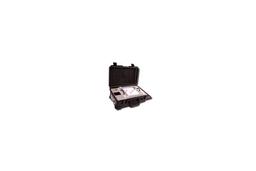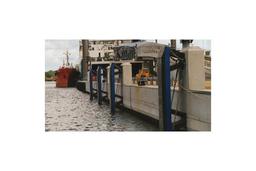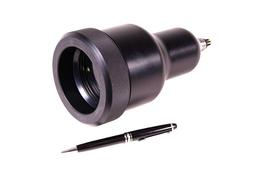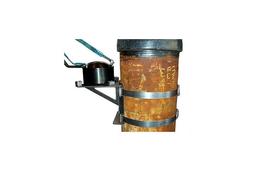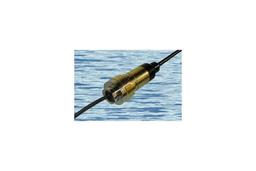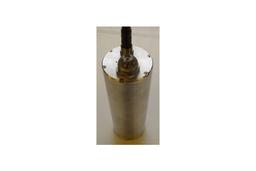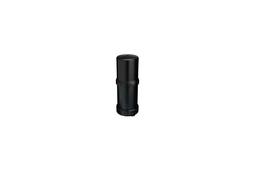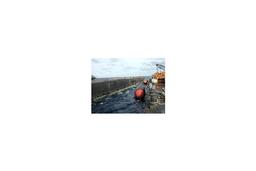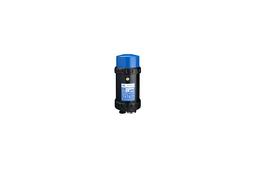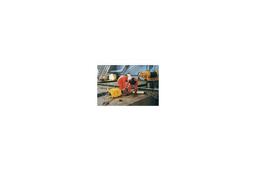


Once a suitable material has been selected, the method of application needs to be considered. We offer a number of alternatives, depending on material type, site location, logistics, timing and client preference, which fall into two categories:
Field Cast
Field casting describes the process of taking materials, machinery and labour to the structure and applying insulation materials directly to the substrate. Moulds are constructed around the structure after appropriate surface preparation and the insulation material is then cast within the cavity between the mould and the substrate.
Field casting offers the benefit of eliminating additional interfaces between the insulation coating and substrate, whilst providing flexibility on site for last minute adjustment.
During tool development, we are able to manipulate client supplied electronic models to ensure an optimum fit when delivered to site. Tools are reused wherever possible and designed for easy site installation and modification. In addition to removable tools, pre cast slabs and panels manufactured from the same material can be supplied to site to complement or replace reusable tooling and form part of the finished insulation system.
For particularly complex shapes cast in place application guarantees that no air is trapped against the surface of the substrate which can be a cause of hydrogen imbrittlement.
Pre-Cast
Pre-casting is the process of manufacturing a pre-designed combination of C-sections, blocks, or panels that are delivered to site and adhesively bonded and mechanically fastened to the structure. The use of pre-cast components reduces the on-site system application time thereby removing the insulation activity from the critical path schedule. The application of pre-cast sections also requires less processing equipment therefore improving site mobilisation and, where appropriate, allowing local, less specialist labour to be used.
A pre-cast solution is typically delivered to site in kit form, consisting of insulation pieces, sealant (plus dispensing equipment) and any mechanical fasteners. Should the insulation require any adjustment or modification on-site, the insulation material can be easily profiled with standard hand tools.
An application that has benefitted greatly from this approach has been the insulation of Jumper field joints. Insulated pipe spools would typically be delivered to site and welded into a finished Jumper configuration. The field joints would then require insulating as quickly as possible to avoid delays in deploying the Jumper subsea.
The full range of our insulation materials is available in both the pre-cast and field cast formats. This enables the use of both application methodologies ensuring maximum flexibility and the most cost efficient insulation solution for the varying complexities of individual structures.

